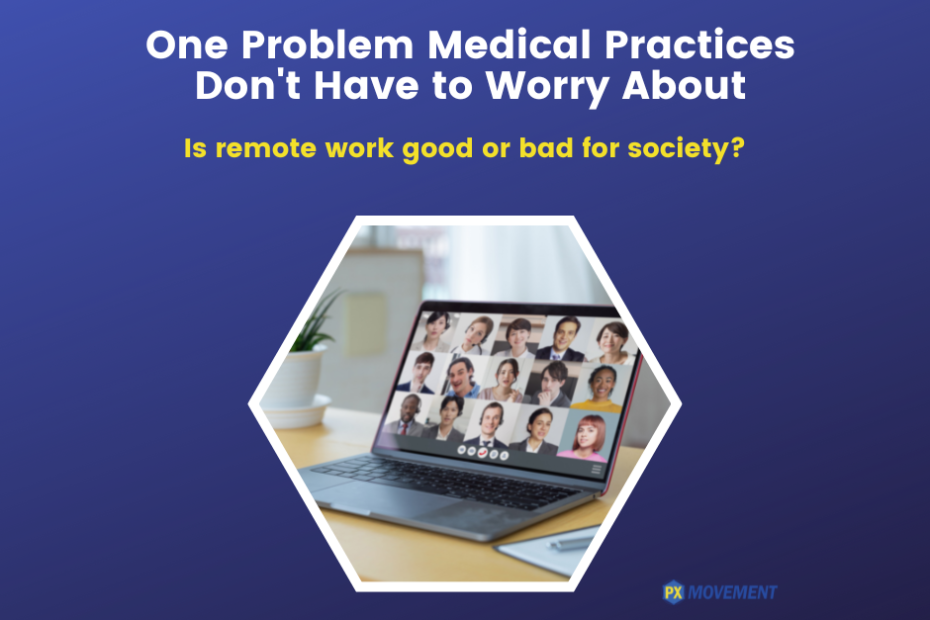Is Remote Work Good or Bad for Society?
As a consultant and public speaker, most of my professional career has been spent working remotely. As the pandemic took hold and office buildings were deserted, corporate employees discovered that working from home can be far more efficient and less stressful. Having long ago embraced Zoom, I saw the rest of the working world catching up and wondered “what took so long?” Being able to interact “as if” the person was sitting across the desk is truly powerful and sufficed for many client interactions.
As the pandemic shifts towards a long-term endemic, the debate rages on about remote work. Employees like it. Employers don’t like it nearly as much. Given my own experience, I’ve concluded that remote work is here to stay and a positive for society. Higher productivity and less commute traffic seem to be enough to offset the negative impact on commercial office space. However, an opinion piece The Lonely Office is Bad for America has me re-thinking this position.
Remote Work vs. Working in an Office
What this article reminded me of is that working in an office is more than the completion of a set of tasks. It’s the environment of people working together side-by-side and all that goes along with that: leadership, mentoring, conflict, creativity, and even gossip. Much of this goes dormant when people are working remotely.
Author Peggy Noonan makes the case that America in many ways led the world in productivity gains because of the collaboration that takes place in the office. She also contends that society happens in large part because of the daily life that happens at the office.
Take away that in-person collaboration on a daily basis, and there are some unwanted downstream effects. These range from the lack of vitality in a downtown center to even more polarization in society from employees not having to directly interact with other human beings on a daily basis. Having studied organizational behavior, I find her point of view compelling.
Final Thoughts
For those in the medical profession, the work environment doesn’t lend itself to remote work. For a medical practice to run, face-to-face interaction is required to get the job done.
This piece reminds me how fortunate we are to be able to come to work — despite a pandemic — with the primary goal being to help people get better. Those skills mentioned above that make an office interaction valuable also apply to the medical office. In order to make the shift to a PX-driven practice, team members need to collaborate on a regular basis to figure out how to make the experience better, bit by bit, day by day. There is no substitute for this process.
The pandemic itself offers a silver lining in terms of the importance of a better overall experience for your patients. Enhancing how you perform the tasks is what can make the difference in creating a memorable experience versus the typical mundane medical encounter. Especially for those who work remotely, coming to your practice may be the social highlight of their day. We used to jokingly say this about elderly patients. Now, it’s true for all of us.

